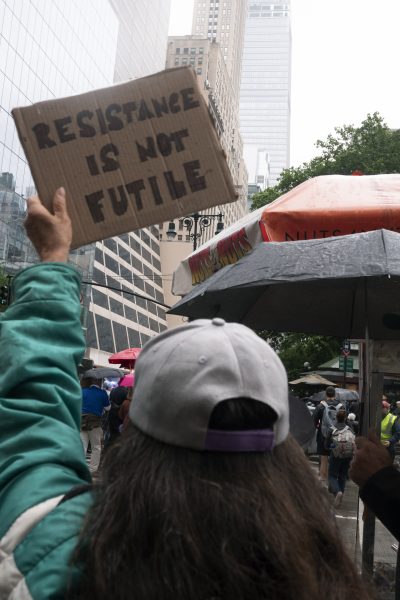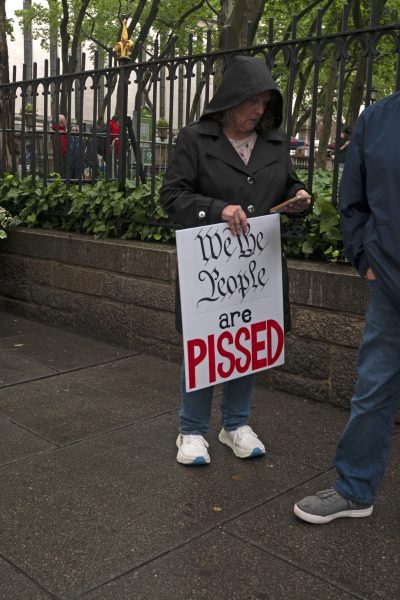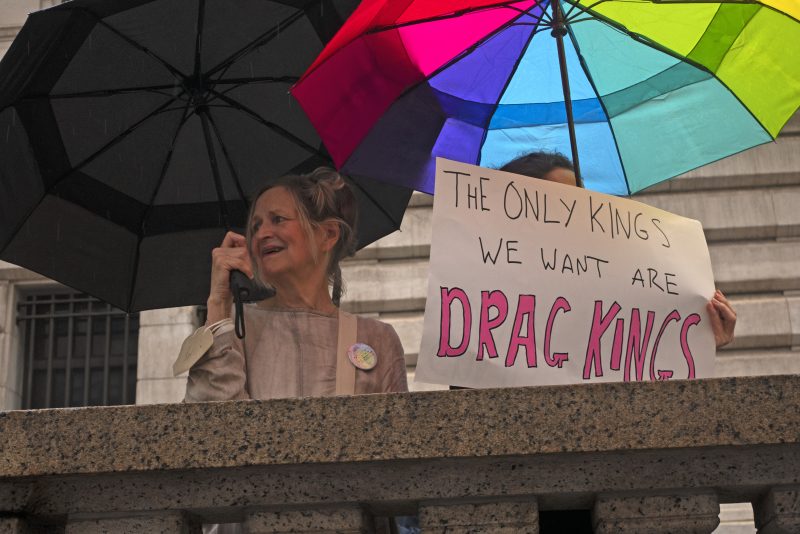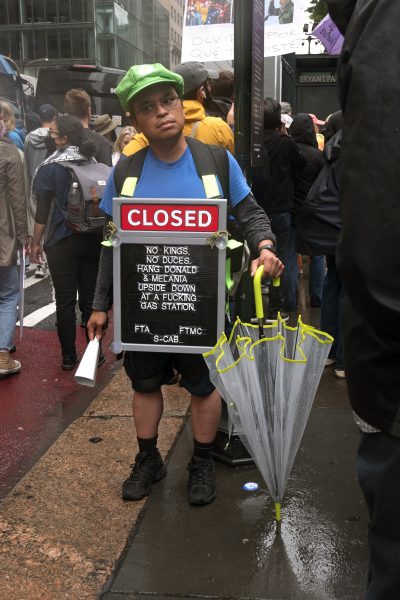A woman, who had been abused by her father, husband and brother-in-law, tries to starve herself to death while confined to a mental hospital. A college instructor, scarred from eye-to-throat and going blind, meets a poet who has lost the ability to speak. Political protesters, who have been arrested, find themselves starved, waterboarded, beaten with rifle butts, hung from ceilings, left for ants to nibble on their genitals, reduced to pus, piss, saliva, blood, snot, shit, “lumps of rotten meat,” and rendered unable to be touched or feel affection or achieve intimacy.
These people are balding, overweight, insomniac, nightmare-afflicted, worried about the size of their penis. They are “jaundiced” and “sickly looking.” They have been shattered. When they look into mirrors, death hovers behind their face. Marriages have been brief. Children have been lost. They walk until so exhausted they can sleep without recalling their dreams. And when they dream they find themselves alone in cold, dark woods in a barn full of “great blood-red gashes of meat, blood still dripping down,” or with black-red blistered lips bursting with blood and pus, or digging into frozen ground by hand until their nails splinter and their fingers bleed, or on scorched islands surrounded by tens of thousands of dying fish, the tattered sails of wrecked ships, the scattered bones of whales and sharks.
They live in cities once pulverized into dust. They live alone in small rooms, furnished and curtained in black. Through “pitch-black windows,” they look upon “pitch-black” darkness into which they consider throwing themselves. They experience rain and woods as black. They fear being sucked into a wound’s “pitch-black maw.” They have been swallowed by darkness. They feel each moment of life is a step off a cliff. They feel like giant, invisible knives are suspended above them as they lie immobile below. They ask if going on is worth it.
They are bodies “from which all desire had been eliminated.” They are “revolted” by life.” They believe it is man’s fate “to be degraded, damaged, slaughtered.” They wonder “why it is such a bad thing to die.” They believe humans to be “fundamentally cruel,” with “brutality” “imprinted in our genetic code.” They believe that, like sleet, the earth will vanish and take “comfort” in the “impossibility of forever.”
These people populate the novels of Han Kang, a winner of the International Booker Prize (2016) and Noble Prize for Literature (2024). Five have been translated into English: The Vegetarian (published in Korean in 2007 and English in 2016); Greek Lessons (2011/2023) Human Acts (2014/2016); White Book (2016/2019); We Do Not Part (2021/2025).
I read them all, periodically interrupting my reading to gasp.
Read more










